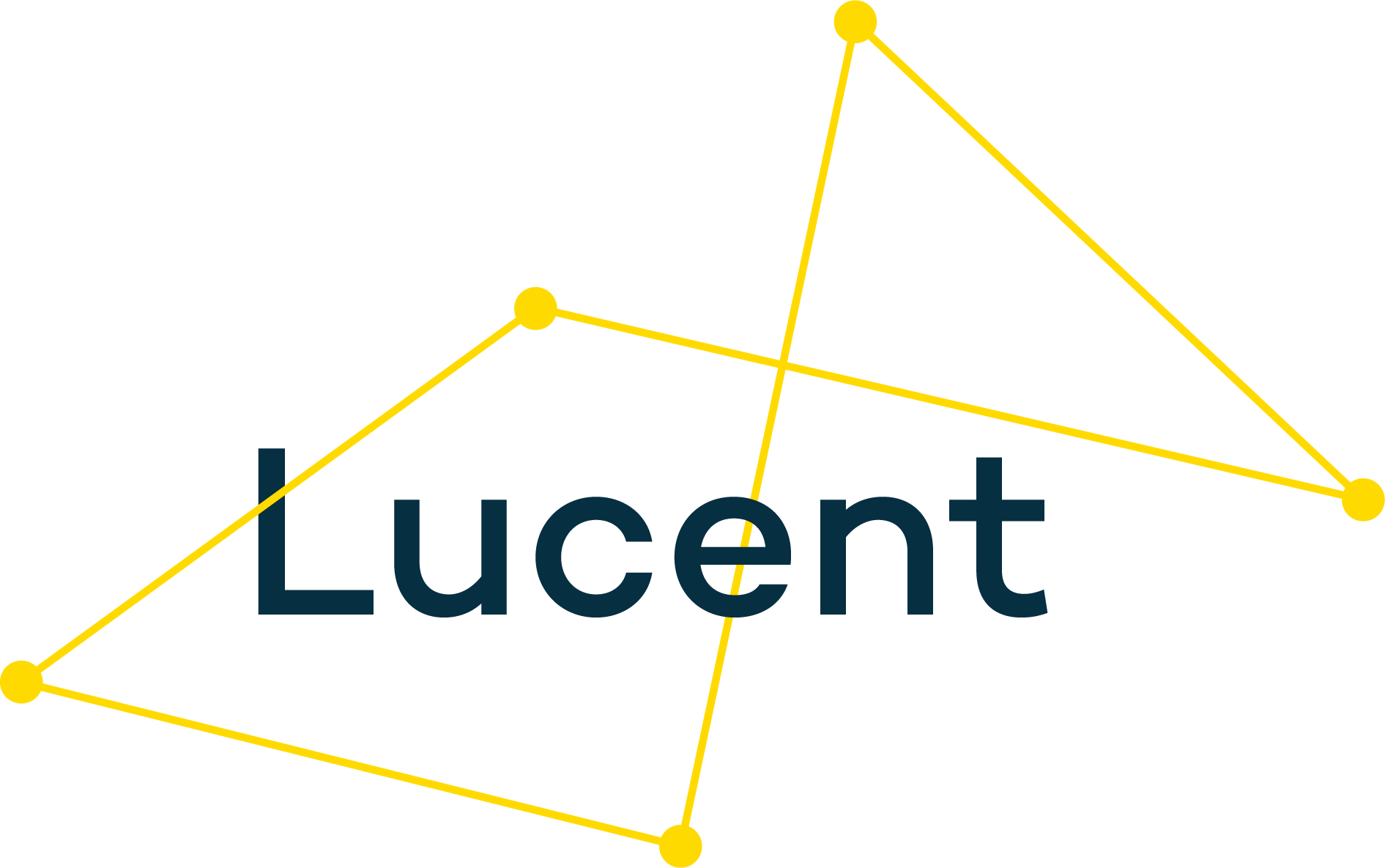What Compass has taught us
David Kane is Lucent’s resident data analyst. David analyses and understands the results of our Compass diagnostic survey.
As we’ve explored before, Lucent’s Compass survey allows us to get an objective view of an organisation’s strengths and weaknesses, based on the views of the organisation’s staff and trustees. I wanted to show what the data we get from Compass has taught us about what organisations need. As more and more clients use Compass we can use it not only to understand an individual organisation but also to compare the experiences of different charities.
Four things stand out for me when looking at the findings across the board:
Charities share common experiences
There is a great variety in the charities that we work with and in the sector as a whole, and every charity has different vision, goals, values and methods. But despite this variety, we do see lots of commonalities in the challenges and opportunities they present.
Our data shows that staff and trustees are often concerned that they are not as representative of the communities they serve as they could be - on average, staff tend to place themselves roughly in the middle of a scale from “Not representative” to “Representative”.
While this experience is common across a lot of our clients who use Compass, the exact reasons will vary between charities. Because the Compass survey combines quantitative and qualitative data, we can dive into what the answers to this question mean in the context of each organisation.
Operational systems and processes can get in the way
One question that tends to get more negative answers is one around the effectiveness of operational systems. On average we find around 40% of staff and trustees say that their systems need improvement.
Again we can dive into the free text answers to see exactly what this means for a given charity - there might be specific systems that are flagged up, or accessibility needs that aren’t met through existing systems. And the answers can show how the organisation's overall strategy needs to be supported and enabled by its day-to-day operations. Small operational changes can make a big difference in terms of organisational impact.
People are a charity’s most valuable asset
Compass asks a series of free text questions around an organisation’s strengths, challenges and opportunities.
For almost every respondent, a charity’s people come at the top of their strengths. Staff and trustees love to share their admiration for their colleagues and the skills, knowledge and compassion they demonstrate. These often appear as opportunities too - an opportunity to harness and make the most of their staff.
Similarly, staff and trustees show that they value the connection with and involvement of the people a charity works with, describing it as vital to the charity’s works. Challenges and opportunities often involve striving to maintain and improve these connections and make sure they are embedded in a charity’s strategy.
Challenges lie beyond funding
In the “challenges” question, funding is always the most talked-about topic. We know that finding high-quality income to fund their work is a constant challenge for many charities, and it’s clear that staff and trustees throughout charities often feel that pressure.
But I’ve found that the most interesting challenges faced by charities are shown in what else gets mentioned aside from funding. This is where respondents can bring out the tensions and complexities of their work, and how they want a strategy to address them. They talk about the tension between reach and depth of services - do we want to reach as many people as possible, or provide a high-quality intensive service to a smaller number?
They also talk about how their charity fits into their sector - do they need to collaborate or compete with similar organisations? And finally they also show how the external environment interacts with the charity’s work - how political or media priorities impact on the people the charity works with, and the challenges this leads to.
Now that we’ve used the Compass process with a larger number of clients, we can compare a client’s results against the average experience of other charities that have taken Compass. This benchmarking means we can offer targeted help and advice based on the areas that are most different to other charities.
If you’d like to find out more about how Compass can help to understand where your charity sits, start a conversation with us.

